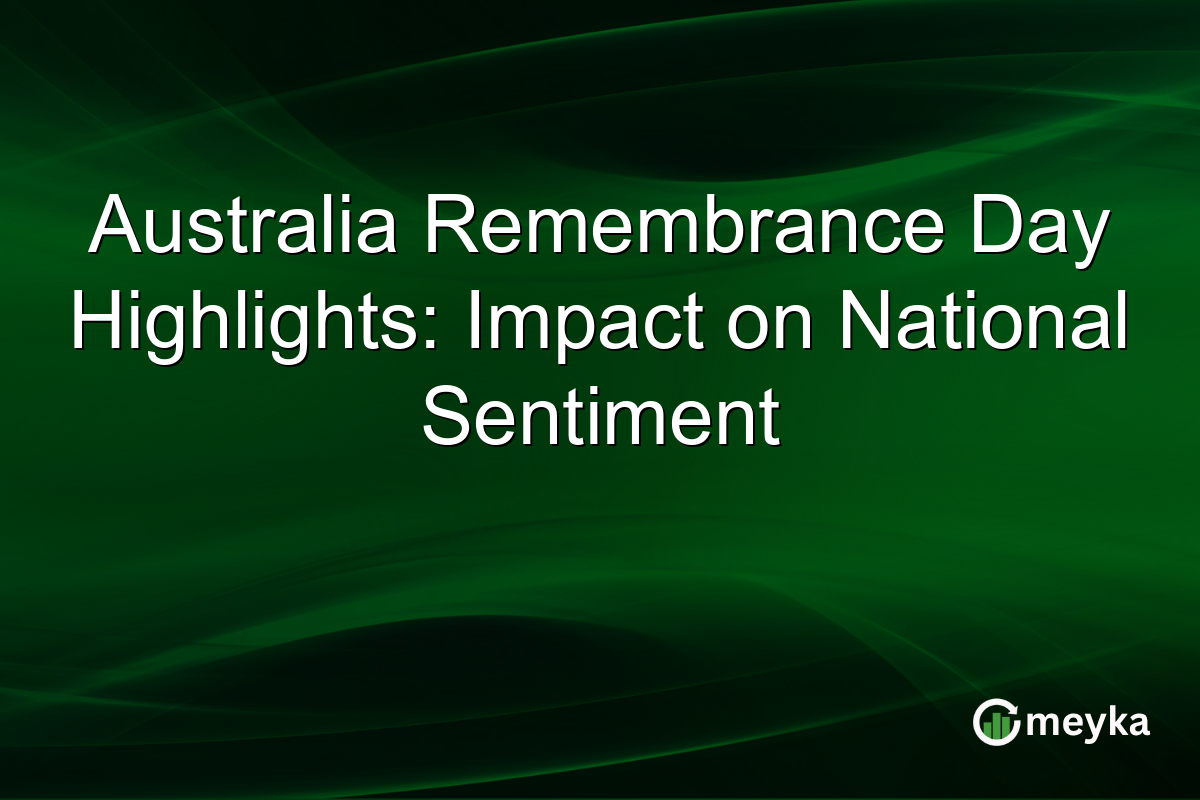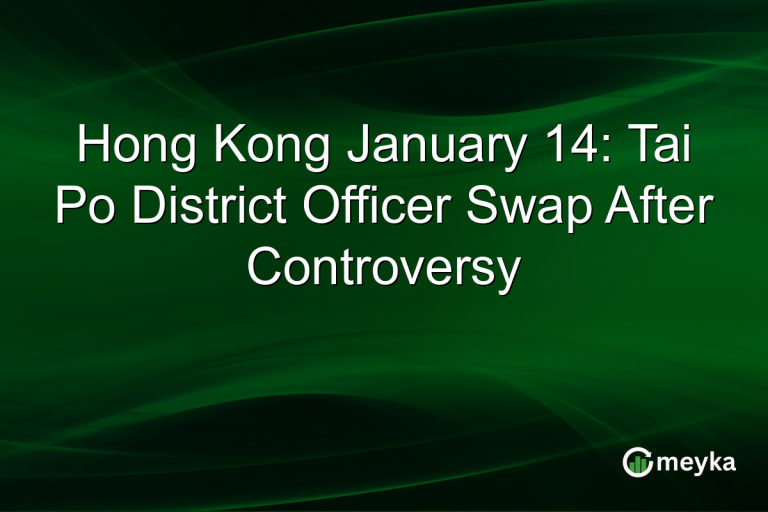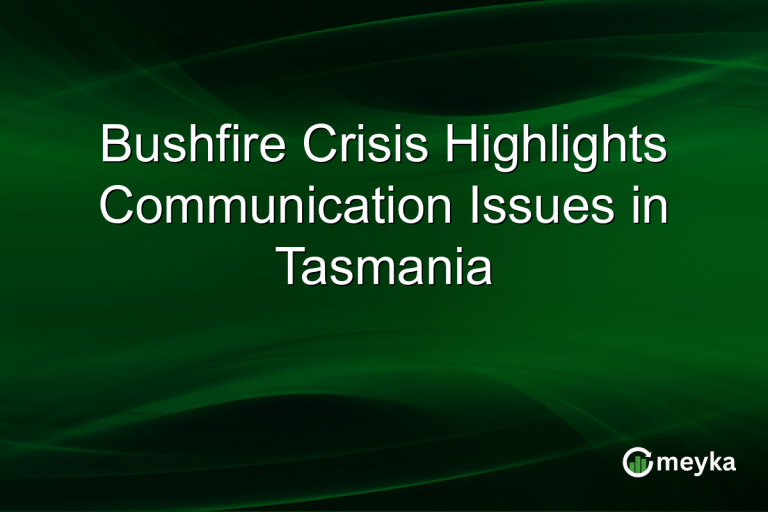Australia Remembrance Day Highlights: Impact on National Sentiment
Remembrance Day 2025 in Australia marks 107 years since the end of World War I, a significant moment for the nation. Australians pause for a minute of silence to honor military sacrifices and reflect on the country’s wartime history. The ceremonies, including those at the Australian War Memorial, not only unite citizens but also impact national sentiment, showing the nation’s dedication to remembering past sacrifices.
Continue Reading on Meyka
This article is available in full on our main platform. Get access to complete analysis, stock insights, and more.
Read Full Article →





